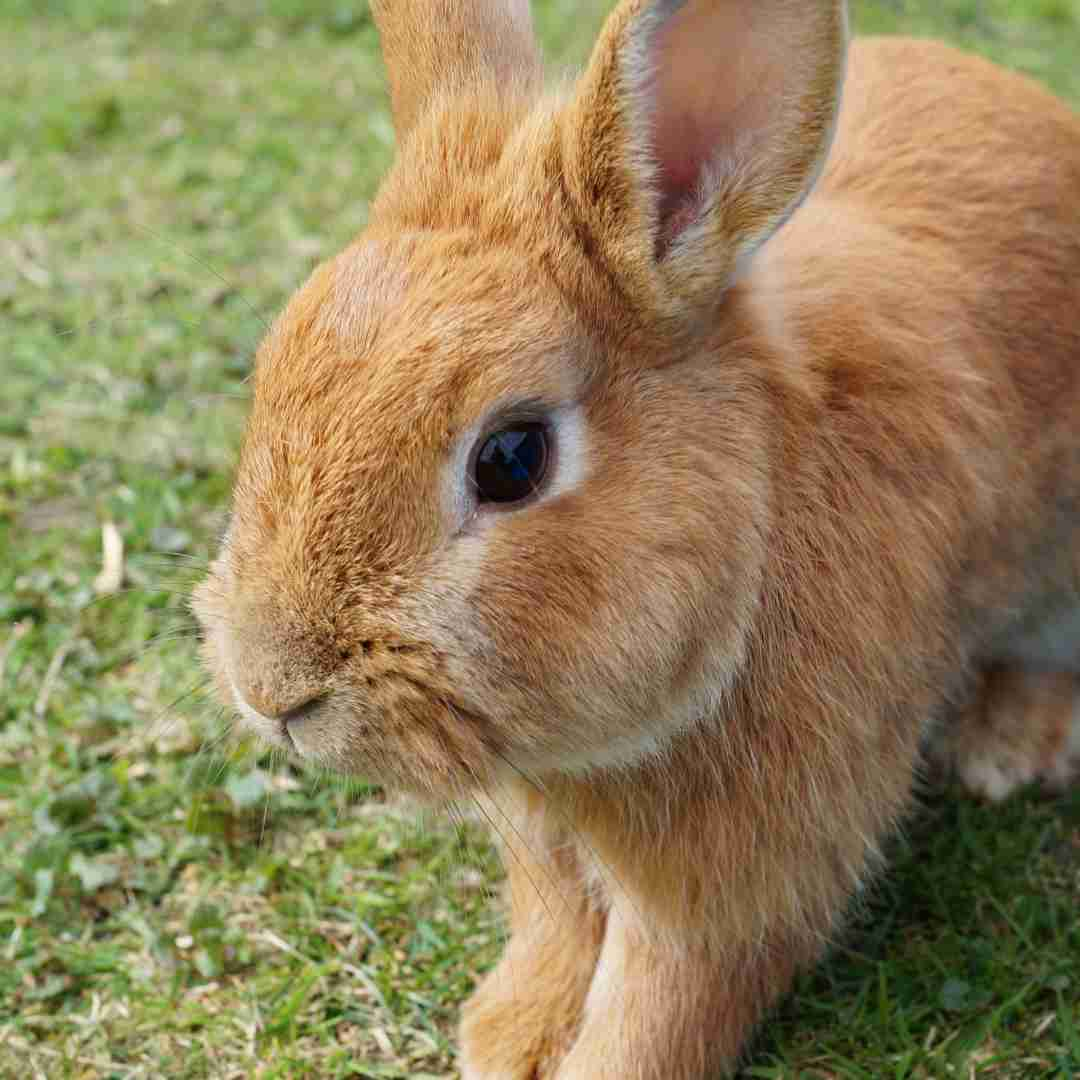How to Recognize Common Signs of Illness in Rabbits
Rabbits are beloved pets, but they can be prone to illness. It is important to recognize the common signs of illness in rabbits so that they can receive prompt medical attention.
One of the most common signs of illness in rabbits is a decrease in appetite. If your rabbit is not eating as much as usual, it is important to take them to the vet as soon as possible. Other signs of illness include lethargy, weight loss, and changes in behavior. If your rabbit is not as active as usual, or if they seem to be sleeping more than usual, this could be a sign of illness.
Another common sign of illness in rabbits is changes in their fur. If your rabbit’s fur is dull or patchy, this could be a sign of an underlying health issue. Additionally, if your rabbit is grooming itself excessively, this could also be a sign of illness.
Finally, changes in your rabbit’s droppings can also be a sign of illness. If your rabbit’s droppings are smaller than usual, or if they are discolored, this could be a sign of an underlying health issue.
If you notice any of these signs of illness in your rabbit, it is important to take them to the vet as soon as possible. Early diagnosis and treatment can help ensure that your rabbit stays healthy and happy.
What to Look for When Checking Your Rabbit's Health
When checking your rabbit's health, there are several key indicators to look for. First, check your rabbit's eyes. They should be bright and clear, with no signs of discharge or redness. Next, check your rabbit's ears. They should be clean and free of any debris or wax buildup. Additionally, check your rabbit's nose. It should be free of any discharge or crustiness.
Next, check your rabbit's fur. It should be clean and free of any mats or tangles. Additionally, check your rabbit's skin. It should be free of any lumps, bumps, or scabs. Finally, check your rabbit's weight. It should be consistent with its age and breed.
In addition to these physical indicators, it is important to observe your rabbit's behavior. It should be active and alert, with no signs of lethargy or depression. Additionally, it should be eating and drinking normally. If you notice any changes in your rabbit's behavior, it is important to contact your veterinarian.
By regularly checking your rabbit's health, you can ensure that it is happy and healthy. If you notice any changes in your rabbit's physical or behavioral health, it is important to contact your veterinarian as soon as possible.
How to Tell if Your Rabbit is in Pain
Rabbits are often very good at hiding pain, so it can be difficult to tell if your rabbit is in pain. However, there are some signs that you can look out for that may indicate that your rabbit is in discomfort.
Firstly, changes in behavior can be a sign that your rabbit is in pain. If your rabbit is usually active and playful, but suddenly becomes lethargic and uninterested in activities, this could be a sign that something is wrong. Additionally, if your rabbit is usually social but becomes withdrawn and avoids contact, this could also be a sign of pain.
Secondly, changes in eating habits can be a sign of pain. If your rabbit stops eating or drinking, or if they start eating less than usual, this could be a sign that something is wrong. Additionally, if your rabbit is drooling excessively, this could also be a sign of pain.
Finally, changes in physical appearance can be a sign of pain. If your rabbit’s fur is matted or unkempt, this could be a sign that they are not feeling well. Additionally, if your rabbit is hunched over or has a hunched posture, this could also be a sign of pain.
If you notice any of these signs, it is important to take your rabbit to the vet as soon as possible. Your vet will be able to diagnose the cause of the pain and provide the necessary treatment.
How to Monitor Your Rabbit's Eating Habits for Signs of Illness
Monitoring your rabbit's eating habits is an important part of ensuring its health and wellbeing. By paying close attention to your rabbit's eating habits, you can detect any signs of illness early on and take the necessary steps to address the issue. Here are some tips for monitoring your rabbit's eating habits for signs of illness:
1. Observe your rabbit's appetite. A healthy rabbit will typically have a good appetite and will eat its food with enthusiasm. If your rabbit is not eating as much as usual, or is not interested in its food, this could be a sign of illness.
2. Monitor your rabbit's weight. A healthy rabbit should maintain a consistent weight. If your rabbit is losing weight, this could be a sign of illness.
3. Check your rabbit's droppings. Healthy rabbit droppings should be firm and round. If your rabbit's droppings are soft or runny, this could be a sign of illness.
4. Look for signs of pain or discomfort. If your rabbit is exhibiting signs of pain or discomfort, such as hunched posture or reluctance to move, this could be a sign of illness.
By monitoring your rabbit's eating habits, you can detect any signs of illness early on and take the necessary steps to address the issue. If you notice any changes in your rabbit's eating habits, it is important to contact your veterinarian as soon as possible.

What to Do if You Suspect Your Rabbit is Sick
If you suspect that your rabbit is sick, it is important to take action quickly. Here are some steps you can take to ensure your rabbit receives the care it needs:
1. Monitor your rabbit's behavior. Look for signs of illness such as lethargy, loss of appetite, or changes in behavior.
2. Take your rabbit to the vet. If you suspect your rabbit is sick, it is important to take it to the vet as soon as possible. Your vet will be able to diagnose and treat any underlying medical conditions.
3. Provide supportive care. If your rabbit is sick, it is important to provide supportive care. This includes providing a comfortable environment, ensuring your rabbit has access to fresh water and food, and providing any necessary medications.
4. Follow your vet's instructions. If your vet prescribes any medications or treatments, it is important to follow their instructions carefully. This will help ensure your rabbit receives the best possible care.
By following these steps, you can ensure that your rabbit receives the care it needs if it is sick. If you have any questions or concerns, it is important to contact your vet for advice.
